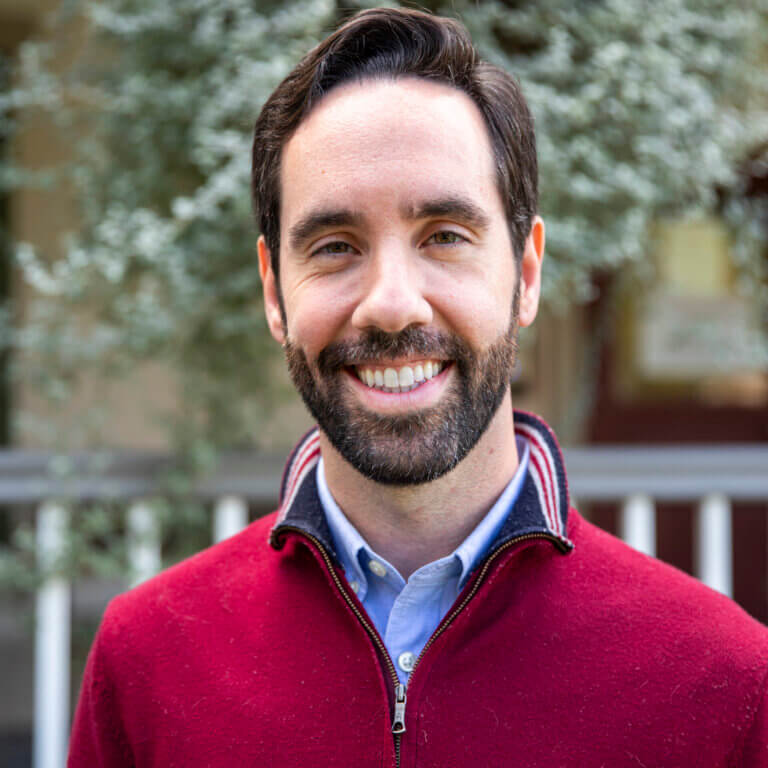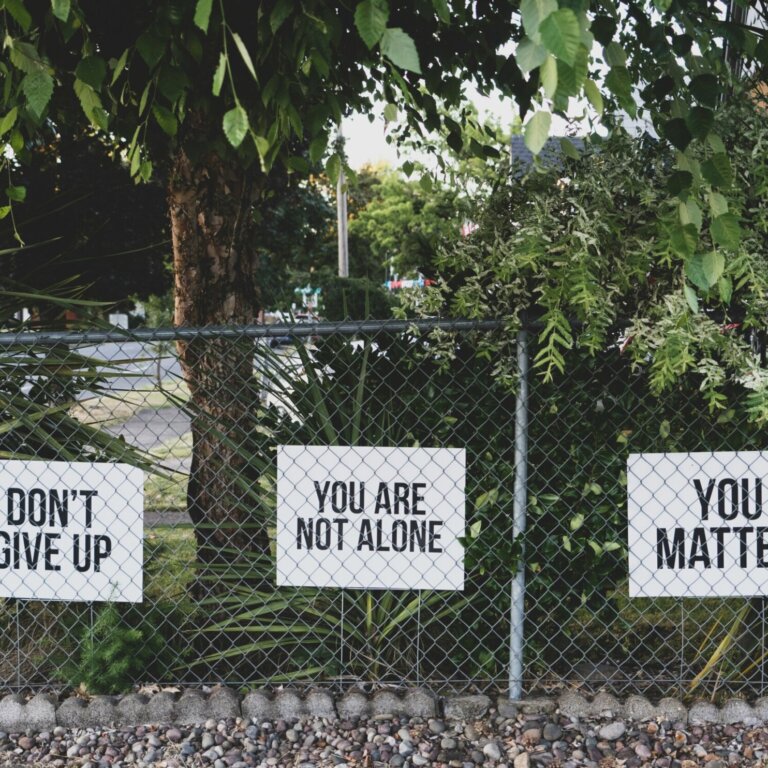The Challenge
Since 2015, the city of Philadelphia has experienced an annual average of roughly 1,700 shooting incidents, including more than 350 homicides per year. Non-fatal shootings and homicides rose steadily in Philadelphia for a decade, peaking in 2021 during the height of the COVID-19 pandemic. Although shootings have decreased over the past three years, the level of violence in the city remains troublingly high. While exposure to interpersonal gun violence is linked to greater risk of suicidal ideation and self-harm behaviors among adults, there is currently no research on how this exposure may affect the risk of suicidality among youth. This represents a significant knowledge gap, since gun violence exposure in childhood may have a substantial negative impact on a young person’s lifelong development. Examining how gun violence influences the risk of suicidality among young people can help to inform the development of age- and culturally appropriate prevention resources.
The Project
Daniel Semenza is partnering with the New Jersey Gun Violence Research Center at Rutgers University and Children’s Hospital of Philadelphia (CHOP) to study how direct and indirect exposure to gun violence influences the mental health of youth in Philadelphia, including their risk for suicidal ideation and self-harm behaviors. He is undertaking a mixed methods research project to examine how diverse forms of gun violence exposure influence mental health outcomes and shape suicide risk among young people in Philadelphia.
The Stoneleigh Fellowship is enabling Daniel to:
- Analyze clinical data from more than 700 youth who participated in case management services within CHOP’s Community Violence and Trauma Support programs to evaluate the relationship between gun violence exposure and suicidality.
- Conduct comprehensive interviews with 50 young people who have come to CHOP with exposure to violence and trauma, to understand their experiences with suicidal ideation and self-harm behaviors and to identify the most effective approaches for supporting them.
- Convene a panel of youth advisors to inform the development of the research questions and interview guides, advise on recruitment strategies, assist with qualitative data coding, and help interpret and present the study’s findings.



